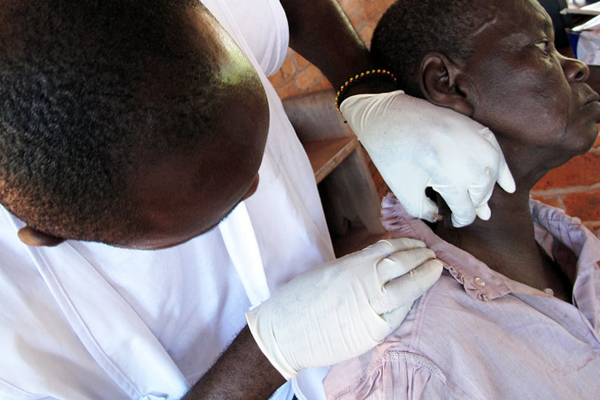Shortage of psychiatrists affecting mental case treatment in Masindi

Several young people have issues regarding mental health. PHOTO | COURTESY
What you need to know:
- Masindi District has only 5 psychiatrists.
Shortage of psychiatrists in Masindi District has impacted the treatment of mentally ill and related disease patients, as most cases are usually transferred to the neighboring Hoima Regional Referral Hospital.
Masindi District Health Officer (DHO) Dr Jino Abiriga told Monitor that the district of over 300, 000 people has only five psychiatrists.
“That is very little considering the increasing population of people who need psychiatric help in the district,” Dr. Abiriga observed.
Monitor understands that all the five psychiatrics in the district are deployed at either Masindi Main Hospital or Bwijanga health center 1V.
Dr Abiriga now suggests that there is a need to have more psychiatrists at every health center unit in the district to extend services to people in rural areas.
“The shortage of psychiatric personals and drug stock out are the leading challenges towards solving mental health related challenges in Masindi,” he said on Sunday.
Masindi District now has a psychiatric doctor to patients ration of 1:1,000, according to official data.
“There is need for enough public sensitization since in most cases people in Masindi go to witch doctors to treat mental illnesses. That is a challenge to our department,” Dr Abiriga added.
But for medical personnel Henry Musinguzi noted that there several complicated factors leading to growing mental health disorders.
"This can be drugs and alcohol use, social disadvantages like poverty, longtime stress and many others but we encourage any person with such signs to visit a nearby health unit,"Mr Musinguzi said
Mr Rogers Kanti, a health activist in Masindi urged government to incorporate mental healthcare into the primary healthcare system to enable the local health centers treat mental health disorders in their localities.
“This should go by increasing the budget of primary health care and employing more psychiatric experts in lower health units,” he told Monitor on December 4.



